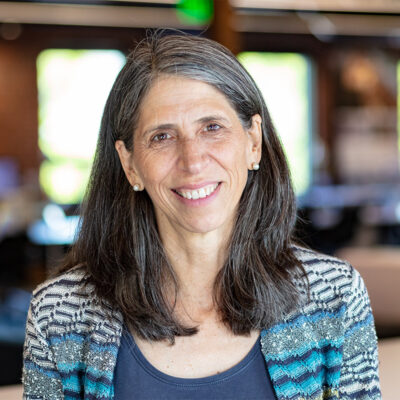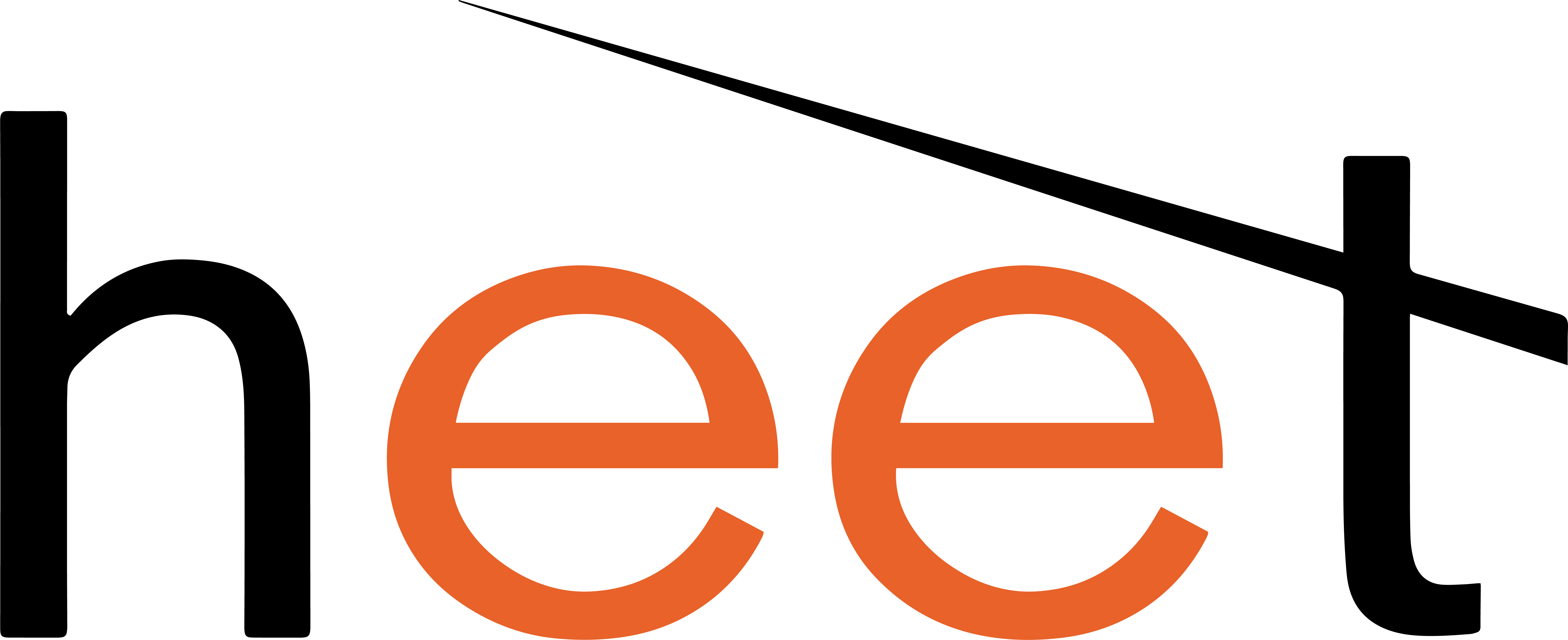An Interview with Ana Maria (Ania) Camargo

Ania Camargo is a board member of HEET, one of the founders and coordinators of the Gas Leaks Allies, and key leader in Mothers Out Front.
Q: Why do gas leaks matter?
A: There are two major reasons to pay attention to gas leaks. From an environmental perspective, the threat of gas leaks is due to their high methane content and negative environmental impact. Methane is a powerful greenhouse gas that kills our trees and harms our health.In addition, leaks are everywhere, close to our homes, schools, and parks and so they affect most people on a daily basis. Learning about them allows all of us to understand the dangers of the gas we use every day. Leaks are a way to connect people to an issue that they perhaps didn’t know or care about before. It can be hard to care about a pipeline in another state, but people tend to perk up when the leak is in their backyard. This information engages people personally and can be used to propel society toward understanding climate change and why we need to transition away from fossil fuels.

Q: Why did you get involved with gas leaks?
A: I thought it was outrageous that an explosive, dangerous, climate change producing gas was marketed as “green” and “clean”. I couldn’t understand why there were thousands of leaks that companies weren’t mandated to fix. Energy is a precious, finite resource, but we’re being wasteful and charging people for it. In 2015, I read an article in the Boston Globe that galvanized me to think that this was an issue we all need to care about.
Q: What has your role been in addressing gas leaks?
A: In 2015, as leader of the Downtown Boston team of Mothers Out Front, I was fortunate enough to connect with some of the most important people working on gas leaks—Joel Wool, Nathan Phillips, Mike Prokosch, Bob Ackley, and, of course, Audrey Schulman. They educated me and the moms and grandmoms from the Downtown team. With this knowledge, we started to meet with our elected officials. That led to Councilor O’Malley proposing a gas leak hearing, and the organizations that teamed up to prepare for that hearing became the Gas Leak Allies. My role was to convene and coordinate the Allies group for the first year and a half
.Q: What’s your perspective on how far we’ve come in addressing gas leaks?
A: We’ve made enormous strides. In just two years, we’ve had many accomplishments. We’ve built a relationship that allows us to work closely with three of the largest utility companies in the Northeast, we’ve passed state legislation that tells utility companies they have to care about leaks with environmentally significant impacts, we’ve passed a gas leak ordinance in Boston, and we’ve raised gas leak awareness to new heights. I recognize that none of this would have been possible without the HEET gas leak maps. Audrey of HEET, with the help of many more, compiled these visuals to track gas leaks across the state. The word about gas leaks has spread because people can look at these maps and see the leak next to their school or home. HEET made gas leaks visible for the first time.
Q: What has being a part of Gas Leaks Allies meant to you?
A: It has been an extraordinarily fun experience. The Gas Leaks Allies is perhaps the best team I have ever worked on— highly productive and full of kind, smart people who share their time, expertise and passion. I’m really proud to be a part of it.

Ania addressing a crowd ready to tag gas leaks in Back Bay.
Q: What’s our biggest challenge in addressing gas leaks?
A: Much of our infrastructure and many of our buildings depend on natural gas. Transitioning from gas in a city or state with no code against or penalty for gas infrastructure, as well as no incentive to build with electric, makes moving forward quite difficult. Right now, as long as there is demand for gas, we’ll continue to see the spread of gas-dependent infrastructure. Over the next few years, Boston will add 70 million new square feet of space, and almost all of it will be heated with gas. We need to get cities and states to change their regulations so that all new infrastructure is electric and can easily transition to renewable energy.
Q: What’s left to do? What do you still want to see happen?
A: In the short term, we must pass a statewide consumer protection bill that requires utility companies to pay for leaks rather than us, the customers. In the long term, we must work to change the narrative on “natural” gas. Gas is not clean. It’s fracked and full of horrible chemicals. It’s also explosive and should not be in our homes. We have to continue to educate the public on the dangers of gas.








